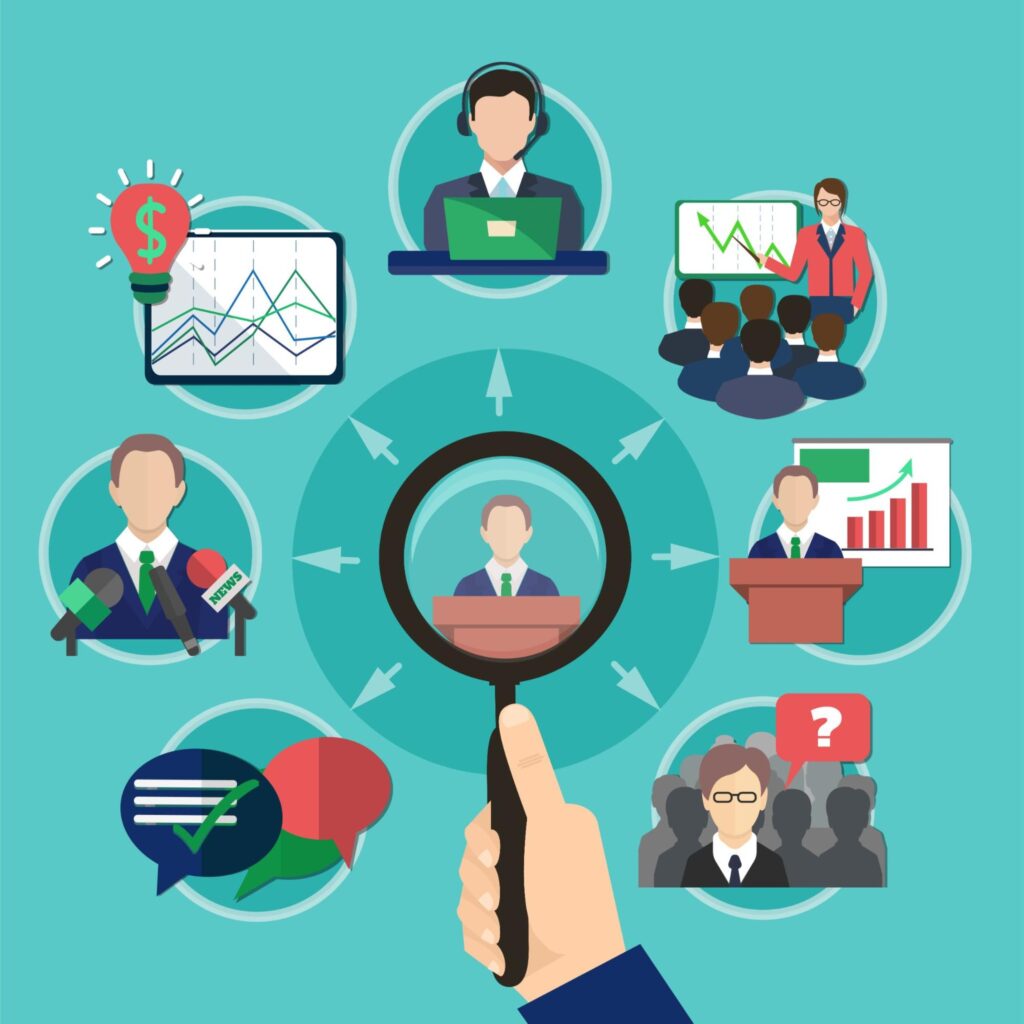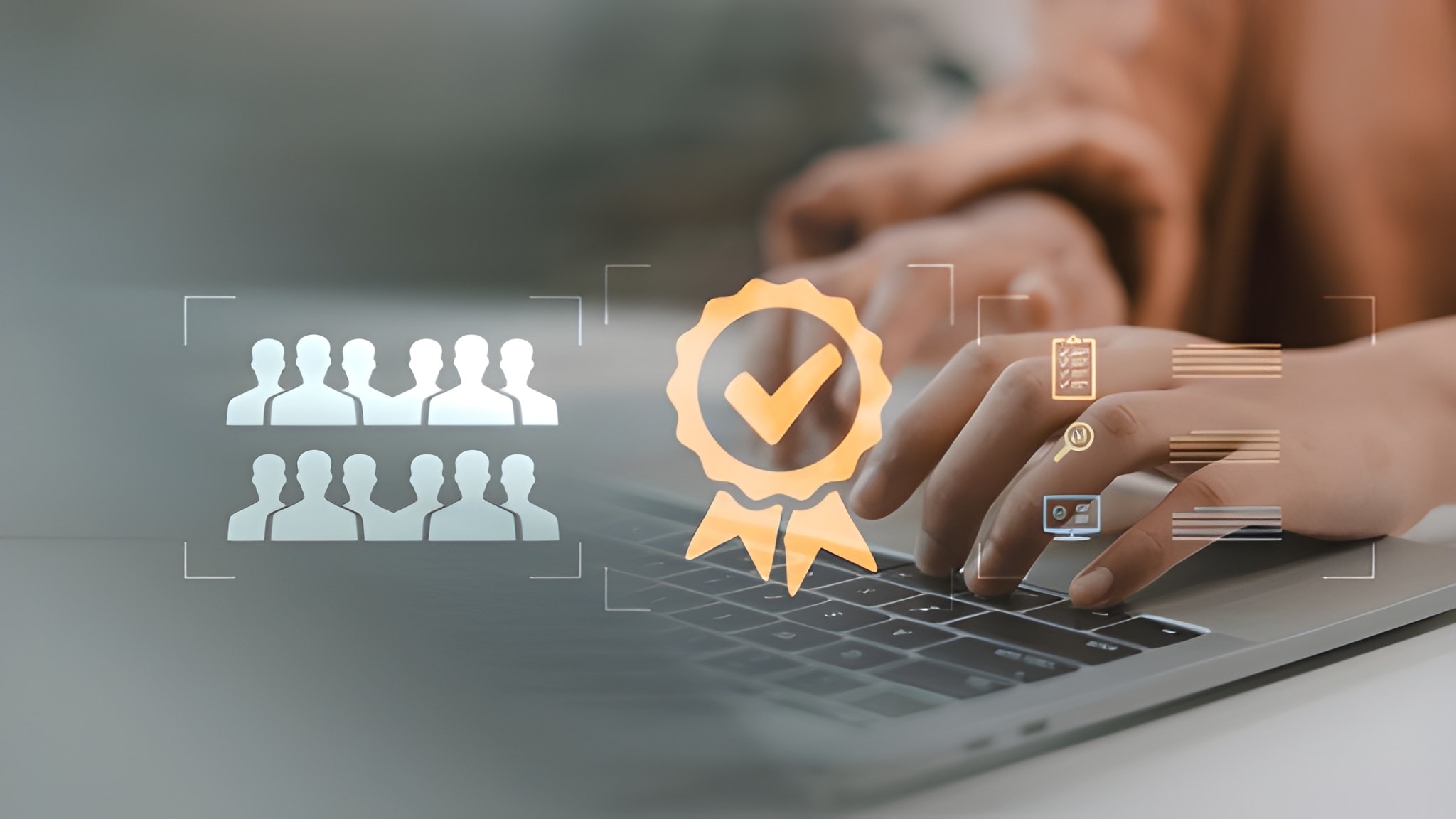1. Introduction to Strategic HR
Human Resource Management has come a long way from being just about payroll, attendance, and compliance. Today, businesses expect HR to contribute to growth, innovation, and long-term success. This is where Strategic HR comes in.
In simple terms, Strategic HR is about aligning HR practices with the overall business goals. Instead of only focusing on administrative tasks, it takes a big-picture approach to workforce management.
For example, instead of only tracking leave balances, Strategic HR looks at employee engagement, talent development, and leadership growth to ensure the company has the right people in the right roles at the right time.

2. Difference Between Strategic HR and Operational/Core HR
It is important to understand the difference between Core/Operational HR and Strategic HR. Both are crucial, but they serve different purposes.

Operational HR deals with the daily functions that keep HR running smoothly. Strategic HR focuses on long-term planning and aligning HR initiatives with company objectives.
Here’s a side-by-side comparison for clarity:
| Aspect | Operational/Core HR | Strategic HR |
| Focus | Daily HR processes | Aligning HR with business goals |
| Goals | Efficiency, compliance, payroll accuracy | Growth, talent strategy, business impact |
| Examples | Payroll, leave management, attendance | Workforce planning, succession planning, training strategy |
Both sides are necessary. Operational HR makes sure processes run without errors, while Strategic HR ensures the company is ready for the future with strong talent and leadership.
3. Key Functions of Strategic HR

Strategic HR covers several functions that directly impact the company’s ability to grow and stay competitive. These functions go beyond administration and focus on building a strong workforce strategy.
Some of the key functions include:
- Workforce planning and talent strategy: Ensuring the company has the right people with the right skills to achieve future goals.
- Leadership development and succession planning: Preparing future leaders and making sure there are replacements ready for critical roles.
- Employee engagement strategy: Creating a culture where employees feel valued, motivated, and committed.
- Performance management aligned with business goals: Tracking employee performance in ways that connect directly to company success.
- Organizational culture and change management: Shaping a workplace culture that supports innovation, adaptability, and collaboration.
- Training & development strategy: Offering learning opportunities that improve skills and prepare employees for future roles.
Each of these functions ensures that HR is not just reactive but proactive in helping the business achieve its mission.
4. Why Strategic HR is Important for Businesses
Companies cannot grow and stay competitive without a strong people strategy. Strategic HR provides that framework by aligning HR initiatives with business goals.
Here’s why it matters:
- Alignment with company objectives: HR efforts directly support the company’s vision and growth targets.
- Improved employee engagement and retention: Engaged employees are more productive and less likely to leave.
- Support for leadership and succession planning: Businesses are prepared for future leadership needs.
- Better decision-making with data insights: HR analytics guide smarter decisions about hiring, performance, and workforce planning.
Without Strategic HR, companies risk having the right systems in place but no clear plan for using people power to drive growth.
5. Benefits of Strategic HR Software

Managing Strategic HR functions manually is extremely challenging. That’s why companies rely on modern HR software to make the process easier and more data-driven.
Some of the major benefits include:
- Workforce planning and analytics tools that help forecast staffing needs.
- Performance and engagement tracking that aligns with business goals.
- Dashboards and reports for HR leaders and management teams.
- Talent development and succession management features to prepare future leaders.
6. Who Should Focus on Strategic HR

Strategic HR is not just for HR managers. It involves multiple roles in a company because aligning people with business goals is a shared responsibility.
- HR leaders: Responsible for creating and executing the overall HR strategy.
- Business owners: Need Strategic HR to scale their workforce and retain top talent.
- Managers: Play a key role in implementing performance, training, and culture strategies within their teams.
Every level of leadership should be invested in Strategic HR to ensure long-term business success.
7. How to Implement Strategic HR in Your Company
Many businesses want to move towards Strategic HR but don’t know where to start. The process is easier if it’s broken down into steps.
Here’s how to get started:
- Identify business goals and align HR objectives to match them.
- Use HR software to track performance, engagement, and development effectively.
- Train HR teams and managers to make data-driven decisions instead of relying on guesswork.
- Leverage tools like SystechIHR that simplify planning, reporting, and workforce management in one system.
8. Common Mistakes in Strategic HR

Shifting to Strategic HR takes planning and discipline. Some companies make mistakes that slow down progress.
Here are mistakes to avoid:
- Focusing only on administrative tasks without long-term planning.
- Ignoring data and analytics when making HR decisions.
- Skipping employee engagement initiatives leads to low morale.
- Failing to align HR goals with the overall business strategy creates disconnects.
9. Conclusion: Strategic HR is Key to Business Growth
Strategic HR is not about managing payroll or attendance. It is about connecting people’s strategies with business goals.
By focusing on workforce planning, engagement, leadership development, and performance alignment, companies can create a stronger foundation for growth.
The benefits are clear: better talent management, higher engagement, smoother succession planning, and long-term success.
For businesses ready to embrace Strategic HR, tools like SystechiHR make the transition easier by combining automation with strategic insights. Today’s Strategic HR is not optional; it is essential for sustainable business growth.











